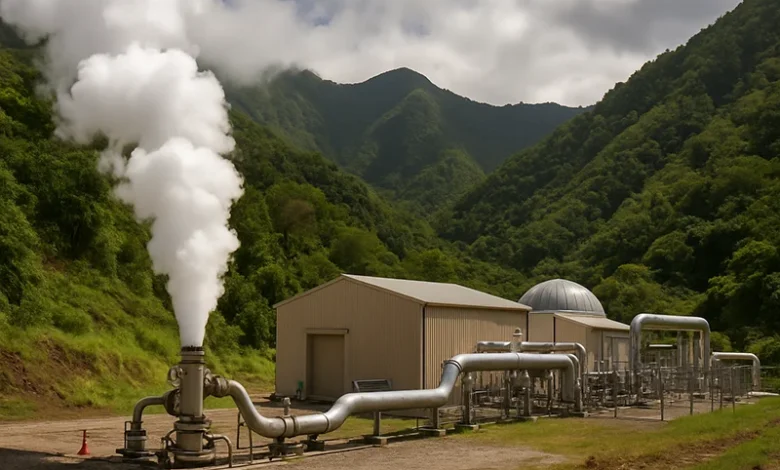Geothermal Energy Act

The Geothermal Energy Act of Dominica establishes the legal framework governing the exploration, development, and use of the island’s geothermal resources. Recognizing Dominica’s rich volcanic landscape as a source of clean, renewable energy, the Act was created to regulate the industry in a manner that balances national interest, environmental stewardship, and economic growth.
Origins and Purpose of Dominica’s Geothermal Energy Act
The original legislation dates back to the Geothermal Resources Development Act of 1974, but due to evolving needs, the law was overhauled and modernized in 2016. This update was in response to Dominica’s strategic push to shift from fossil fuels to renewable energy, particularly geothermal, to achieve energy independence and price stability.
The Act’s primary goals are to:
- Establish a legal process for granting geothermal licenses and permits
- Ensure environmental and community protections
- Set standards for health, safety, and technical operations
- Provide mechanisms for royalties, fees, and government oversight
It aims to make geothermal energy development attractive to investors while safeguarding the island’s sensitive ecosystems and the interests of its people.
Licensing, Permits, and Oversight
The Act defines three main types of licenses:
- Exploration Licenses – allowing companies or agencies to conduct geological, geochemical, and geophysical surveys to locate potential geothermal reservoirs.
- Production Licenses – granting the right to drill wells, extract geothermal fluid, and convert it into electricity.
- Reinjection Licenses – covering the reinsertion of used geothermal fluid into the earth to sustain reservoir pressure and minimize environmental impact.
These licenses are issued by the Minister responsible for energy, with technical input from the Geothermal Energy Advisory Committee. Applicants must provide detailed development plans, proof of technical and financial capacity, and environmental impact assessments.
The Act also mandates continuous monitoring and reporting to the authorities on production volumes, reinjection practices, and any environmental disturbances.
Environmental and Community Protections
To mitigate adverse environmental effects, the Act requires comprehensive Environmental Impact Assessments (EIA) before production begins. These must outline risks to local ecosystems, seismic activity, water sources, and human settlements. It also includes provisions for:
- Landowner compensation
- Community consultations
- Preservation of cultural and heritage sites
For areas like Laudat, where geothermal development has progressed, this process has been crucial in maintaining public trust.
Strategic National Role
Geothermal energy is central to Dominica’s National Energy Policy (2021), which aims for 100% renewable electricity by 2030. The 10MW geothermal power plant under development in Laudat, funded by international and regional partners, is the first major project enabled by the Act. Once operational, it is expected to supply affordable energy to over 20,000 households and reduce the island’s dependence on imported diesel.
The Act also supports Dominica’s Climate Resilience and Recovery Plan, positioning geothermal energy as a pillar of disaster preparedness and long-term sustainability.
Investor Confidence and Economic Potential
By providing regulatory clarity and defining property rights, the Geothermal Energy Act has helped attract foreign investment from organizations such as the World Bank, Caribbean Development Bank, and Geothermal Risk Mitigation Facility (GRMF). It opens avenues for Public-Private Partnerships (PPPs) and ensures that project revenues contribute to the national economy through royalties and employment opportunities.
The Act allows for future provisions such as geothermal energy exports to neighboring islands via undersea cables, once local needs are met.




